As children learn and grow, they discover wonderful new things, like the solar system and DNA. But they also have to learn difficult subjects, like slavery and global warming. And as their understanding of the world grows, their knowledge influences their identity and decisions.
This includes their food and lifestyle choices.
My son, now 12, has always loved animals. So when he recently (and bravely) learned the heart-rending facts about modern factory farming, I was not surprised at his reaction.
No more meat or dairy or eggs. No more leather or suede shoes either.
He was serious. And I was ready to support him 100%.
We were already eating a whole foods, plant-centric diet. But we were still eating humanely raised meat, pastured eggs and cheese a couple of times a week. Helping him make the transition to healthy vegan was going to take some additional effort.
But it was definitely doable. So if you have a child that wants to be vegan, here are my top tips to help him or her succeed.
Learn What Being Vegan Means (To Your Child) – Talk with your child and seek to understand their concerns and primary motivation for being vegan. This can differ from one individual to another. Some people are more concerned about animal cruelty, and others about optimum nutrition.
Learn the Nutrition and Health Basics – Don’t worry. Your child can be vegan AND be healthy. Make sure you are serving plenty of greens for calcium, beans and lentils for protein, grains, lots of vegetables, and supplement with B12 and Vitamin D.
Discover Vegan Cooking – Take a free Vegan or Whole Food Plant-Based Diet crash course online or look up a few of the many vegan blogs. They provide recipes and other tips to help you develop your vegan recipe repertoire. This can be fun!
Plan Ahead – You will likely have to pack your child a lunch, since most school lunches are not vegan. If you are heading out to dinner, look at the restaurant menu online ahead of time and scope out some vegan options. Is your child having a sleepover at a friend’s house? Send along some vegan snacks and a single serving carton of plant-based milk with a bag of cereal for breakfast.
Be Balanced – As your child starts to scrutinize his or her food choices, help them remember to be balanced and avoid an unintended eating disorder. They may choose to avoid certain foods, but they don’t want to start viewing non-vegan foods as “poison.”
Make Adjustments and Avoid Guilt – At some point your child will be faced with a non-vegan food craving. Giving in can lead to feelings of guilt. Discuss this ahead of time and remind them that being vegan is not about perfection, and food should be enjoyed. So if they are craving something that is not vegan, help them find a way to satisfy that craving, or remind them that they can make whatever choice they want – without guilt.
Don’t Forget People! Animals are important, but people and our relationships with them are more important than animals. So decide ahead of time how to approach the subject with family or friends that may invite you over for a meal. Do not expect them to cook a vegan meal! You may decide to offer to bring a dish that your vegan family member will enjoy. Or, after much thought and soul-searching, you may decide to be a “relaxed vegan,” (as opposed to a staunch vegan) and eat “vegetarian” for one night.
Your child’s decision to take on the vegan lifestyle may last a short time or it could last for years. You may decide to join your child, or continue to eat animal protein. Each person gets to make their own choice, without judgment.
Whatever you choose to do in regard to your own diet, be supportive to the extent possible. You are helping your child grow into a responsible adult, capable of making difficult decisions that affect animals, the environment and their own health. Making the choice to be vegan, to the degree he or she chooses, is a compassionate choice that demonstrates an understanding of the difficult issues we all face.
And remember. Enjoy eating better! Even vegan meals can be interesting and delicious.

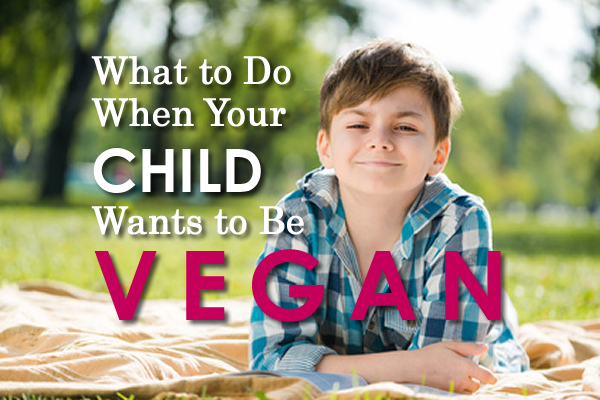

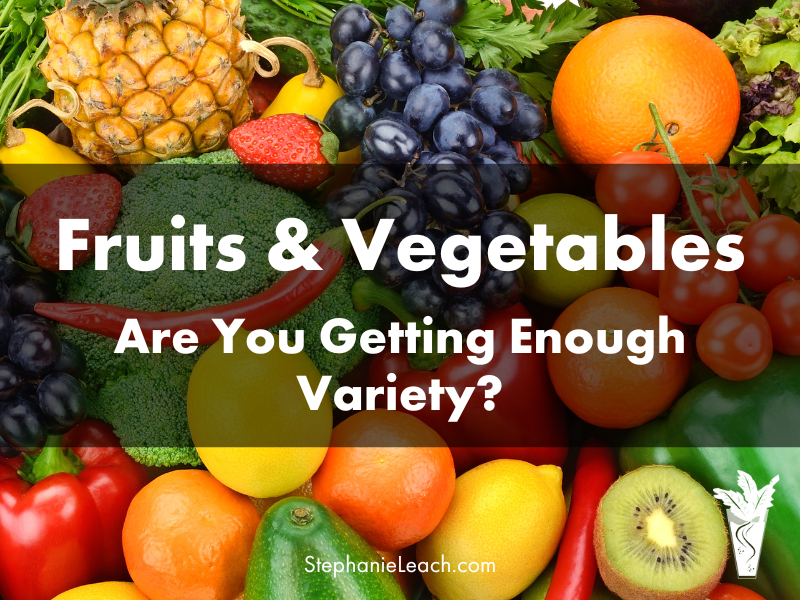
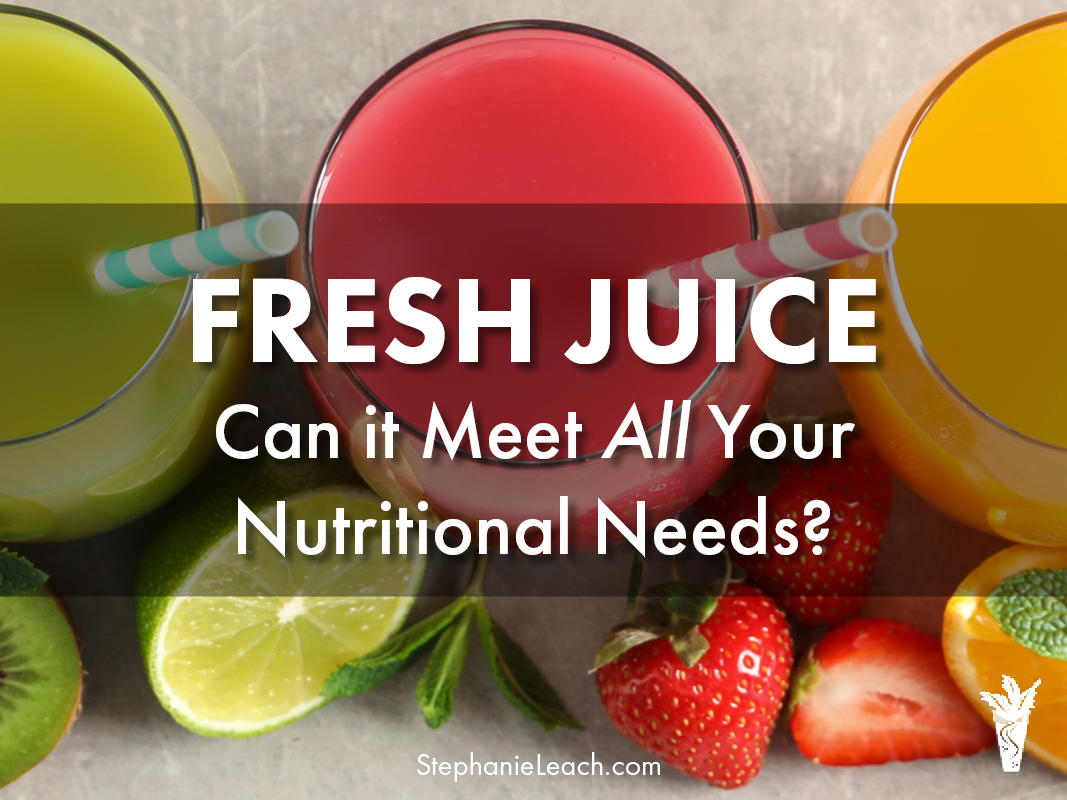
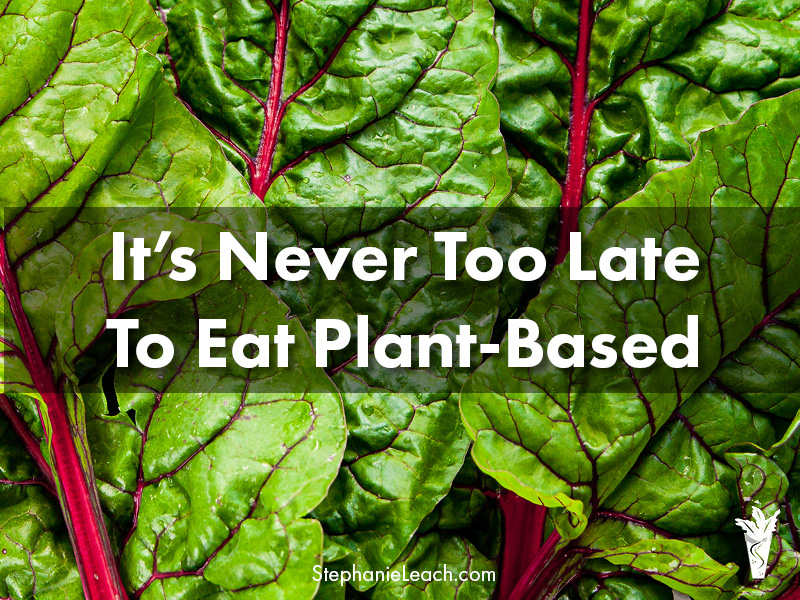

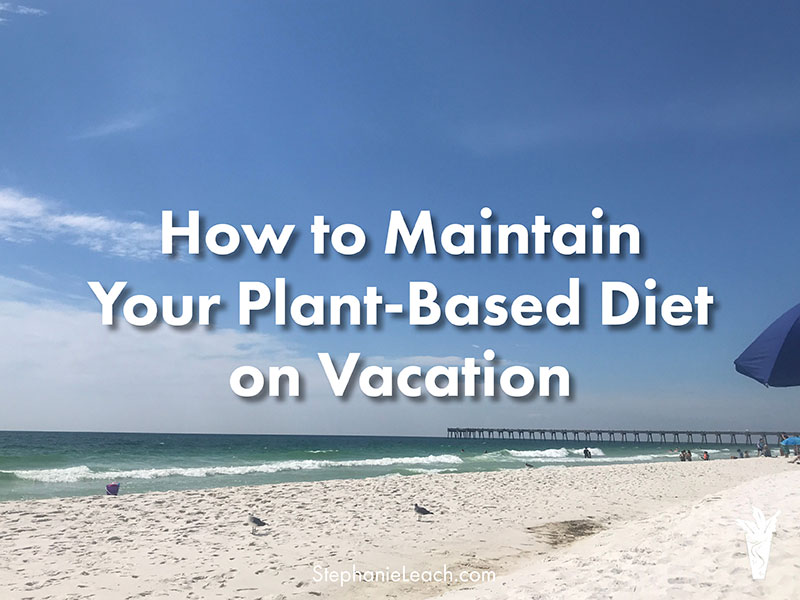
Leave A Comment